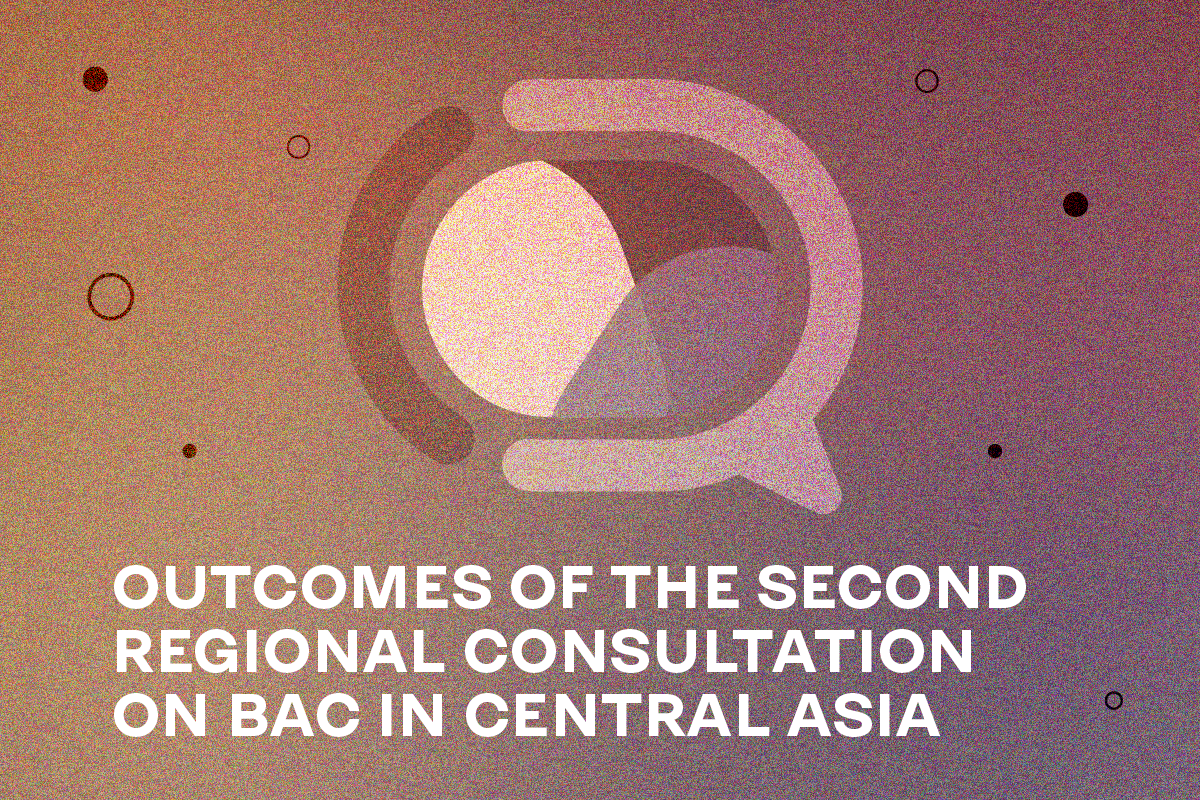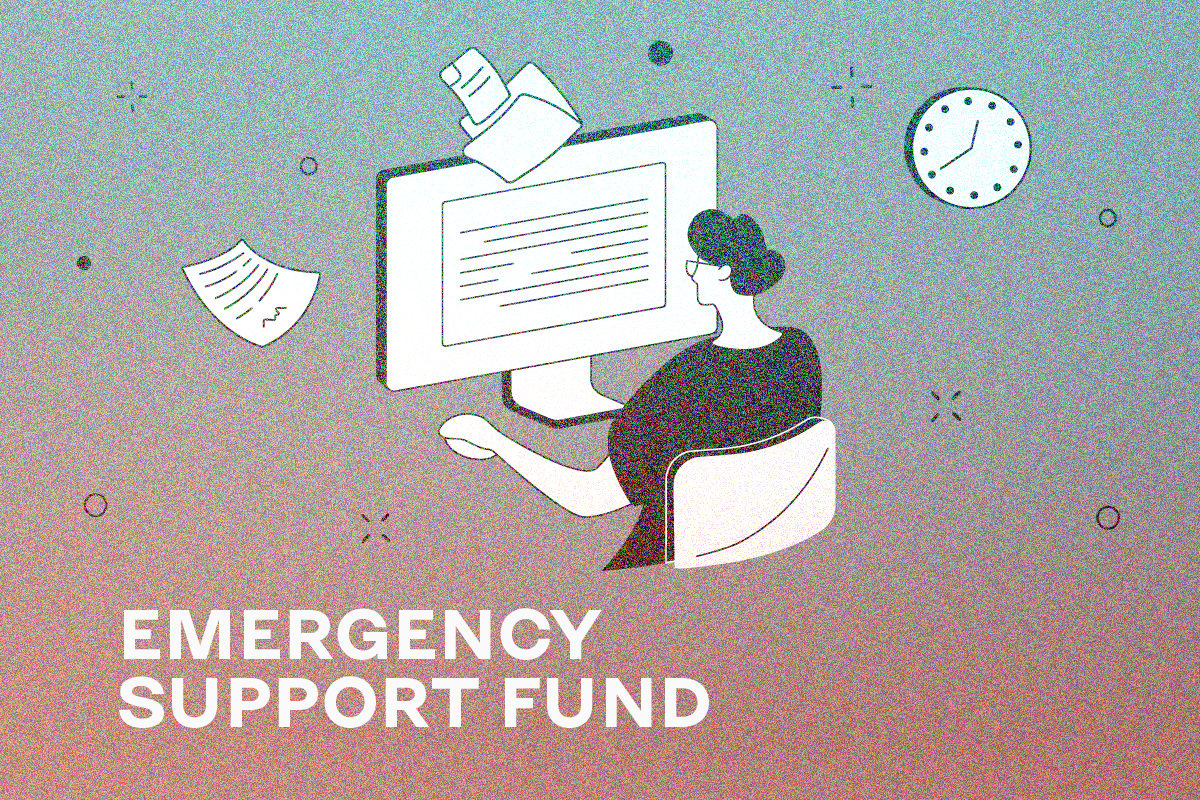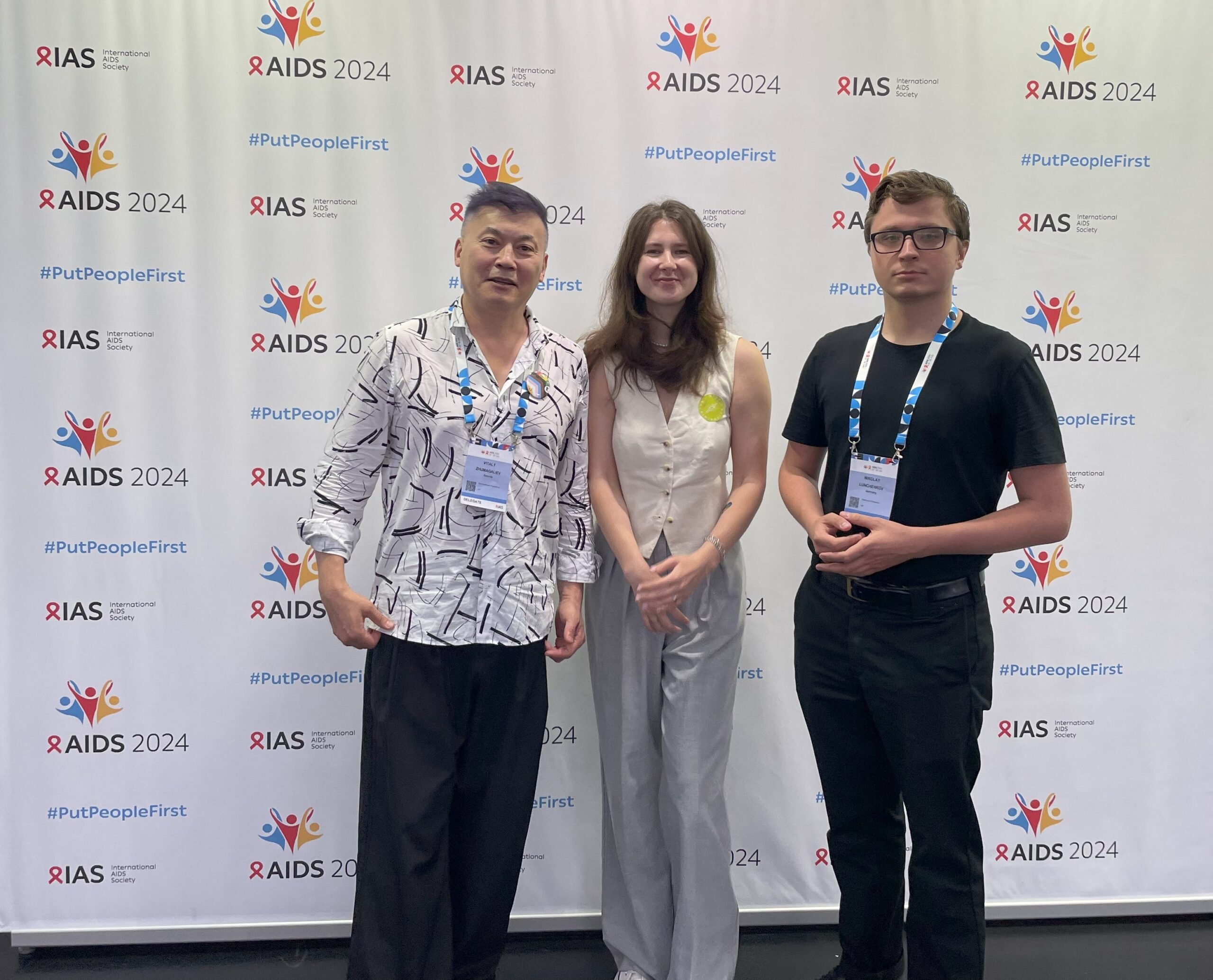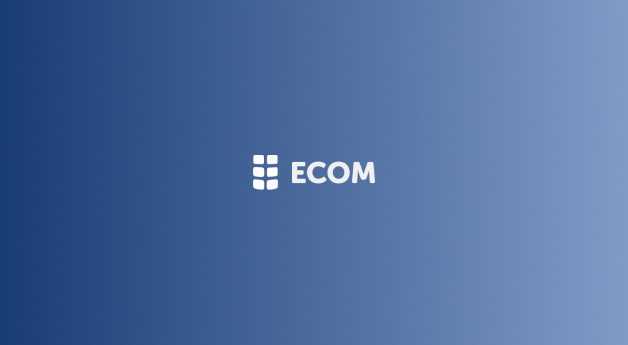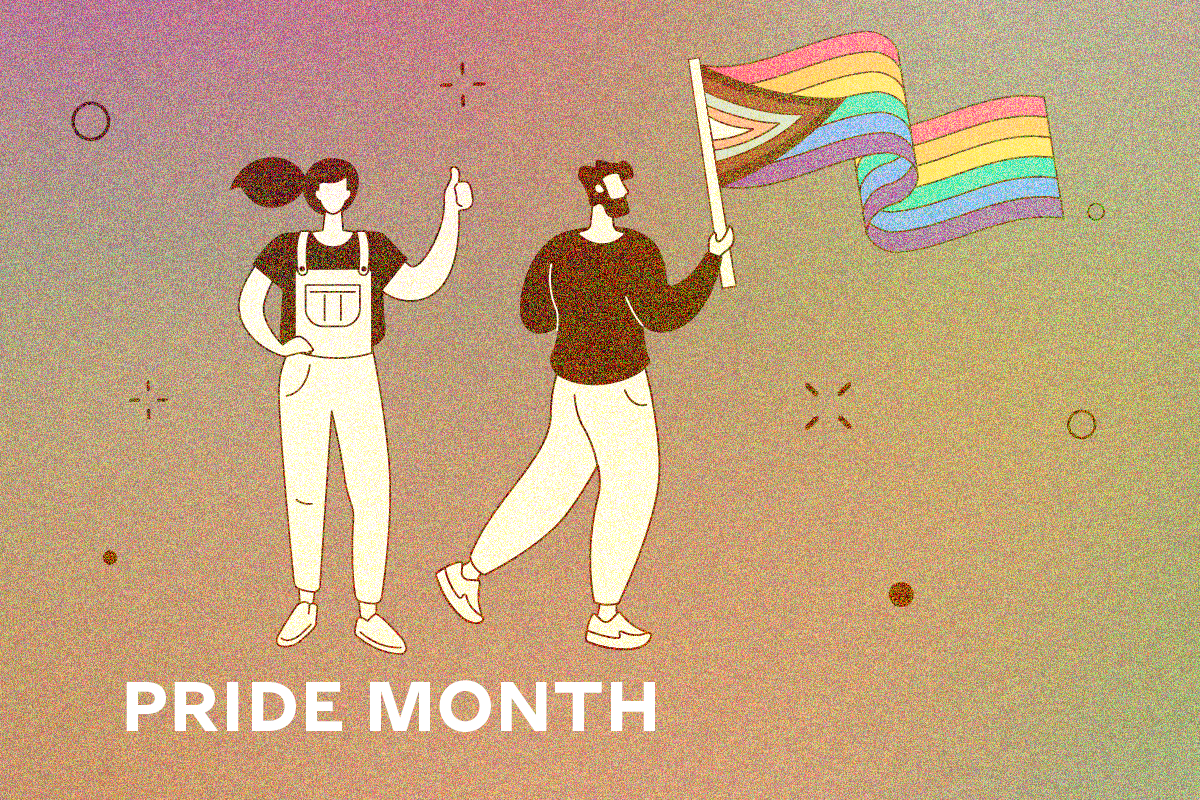In the first six months of 2023, ECOM sent 293,122 euros of emergency assistance to support civil society organizations in the region.
Russia’s full-scale invasion of Ukraine provoked a wave of migration processes in the EECA region. As a result, thousands of Ukrainians, including representatives of key populations and people with chronic diseases such as HIV, have been forced to seek refuge in the countries of Eastern Europe and Central Asia.
At the same time, the repressive machine targeting civil society initiatives continues to gain momentum in virtually all countries of the region, directly affecting all key populations and their access to HIV services.
In the first half of 2023, laws discriminating against LGBT people were adopted: the Russian Federation introduced a prohibition on transgender transition; in Kyrgyzstan, the law “on the protection of children from harmful information” separately establishes liability “for the dissemination of information harmful to children”, including LGBT propaganda. This creates new barriers to accessing health care and reinforces stigma and discrimination, further stimulating the migration of LGBT people within the region.
Following the start of the full-scale invasion, ECOM, in partnership with Aidsfonds (Netherlands) and ICF “Alliance for Public Health” (Ukraine), began implementing a program aimed at reducing the negative impact of the Russian war against Ukraine on key populations (KP) and their access to HIV services and humanitarian assistance in the region of Central and Eastern Europe and Central Asia (CEECA).
In May of this year, ECOM held a grants competition as part of this program, as a result of which 17 public organizations were selected.
Beginning in July 2023, ECOM supported these 17 civil society organizations with 14 medium grants up to €20,000 and 3 small grants up to €7,000. 5 projects from Georgia, 2 from Armenia, 2 from Kazakhstan, 2 from Romania, and one each from Azerbaijan, Kyrgyzstan and Slovakia were provided support. Small grants were received by organizations in Georgia, Poland and Slovakia.
The total amount of funding was EUR 293,122.
Activities implemented in countries through these grants include support for the:
- Self-organization of communities in migration
- Provision of services to key populations in migration
- Removal of political barriers to the “legalization” of HIV-affected migrants and their access to social or health services
- Creation and/or support of measures to change and/or mitigate the impact of existing laws and procedures, and to respond to new legislative initiatives that contribute to harassment and discrimination against people living with HIV and key populations.
Recipients of assistance include:
- People living with HIV – 4 grants
- LGBT people and MSM – 5 grants
- Trans people – 2 grants
- People using drugs – 3 grants
- Intersectional key populations vulnerable to HIV – 3 grants
The results of the implementation of the first phase of the projects show that informational support, maintaining HIV services and, very often, psychological assistance were priorities.
“In the context of the ongoing full-scale war in the center of Europe, our activities under the Emergency Assistance Fund provide support for the work of a wide pool of partners in the region. The activities of the project are critical for controlling the HIV epidemic in the region, helping key populations and respecting human rights, providing ARV treatment to PLHIV and hormone therapy to trans people, etc. Supporting the most vulnerable groups of the population, affected by the consequences of the Russian war in Ukraine and forced to seek asylum in the countries of the EECA region, will help save thousands of lives,” says Vitaly Djuma, ECOM’s Executive Director.
ECOM sees that there is a need to expand support programs for national public organizations. Developments in the region affect the work of partners who help key populations access HIV services. Most of them faced an increased number of requests from migrants coming from neighboring countries in search of a better life and freedom from persecution.
ECOM advocates for increased support for these groups to ensure their sustainability in providing services to key populations in migration. Moreover, it is critical to take concrete steps to remove political barriers to the “legalization” of migrants affected by HIV and their access to social or health services, and to establish responses to new legislative initiatives that contribute to harassment and discrimination against people living with HIV.
ECOM plans to launch a second regional call for proposals at the end of August and fund at least 10 medium grants and at least 5 small grants starting from October 1st.
At the same time, a separate focus will also be placed on the Baltic countries, which were not represented in the first round of applications.



